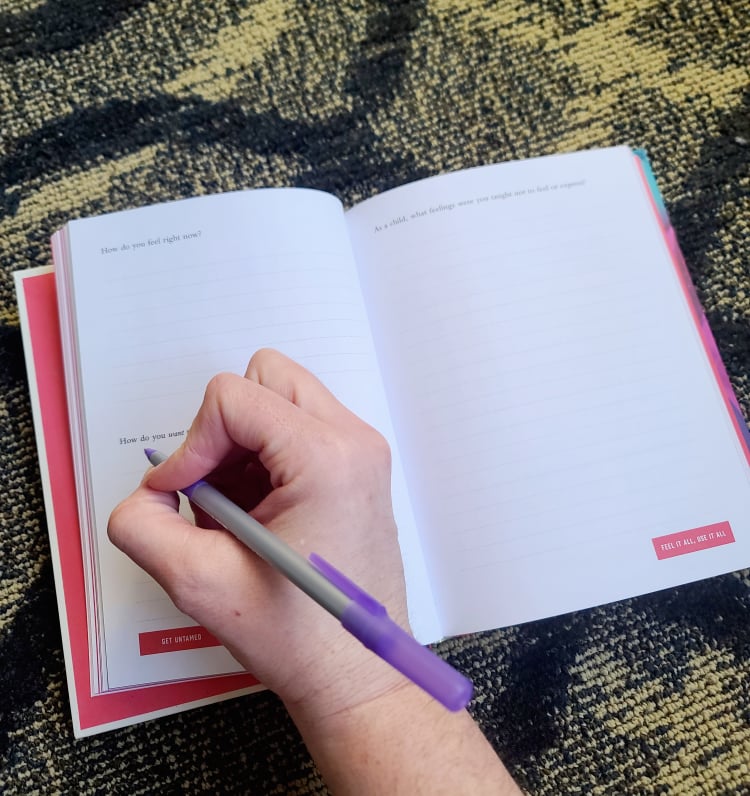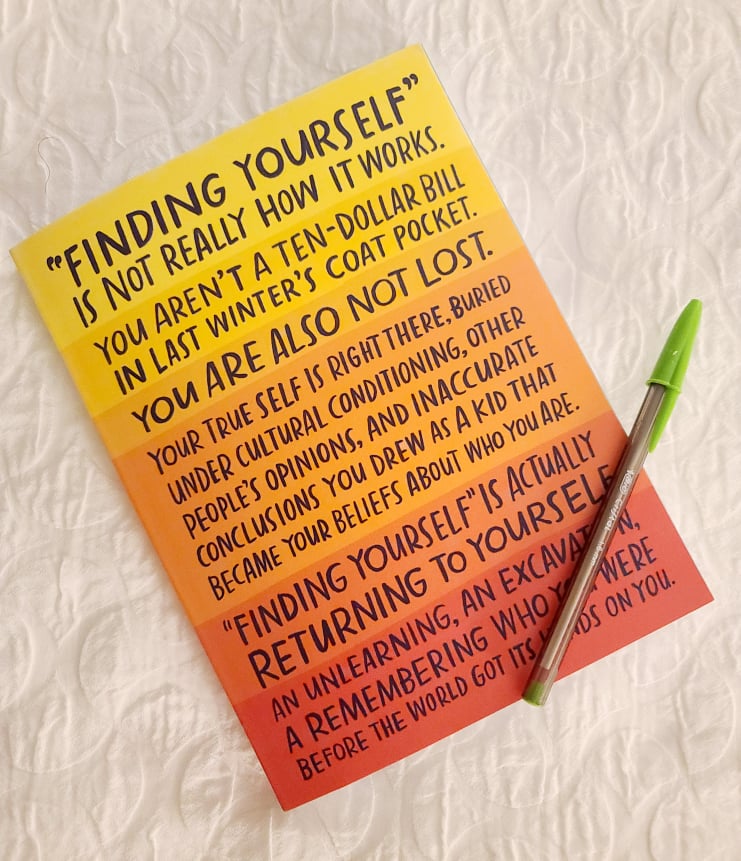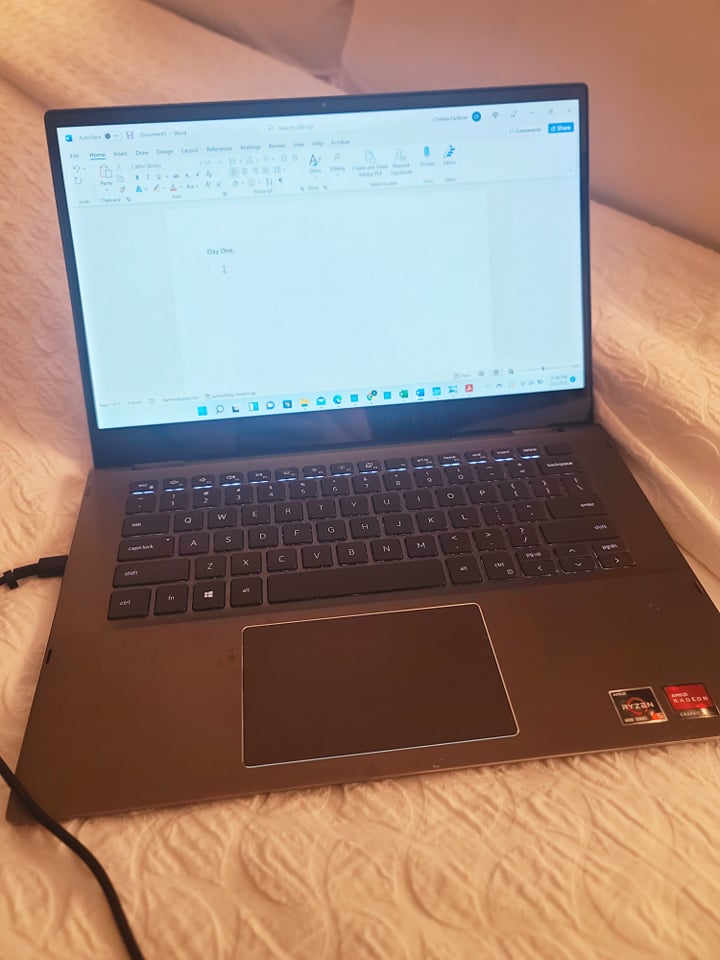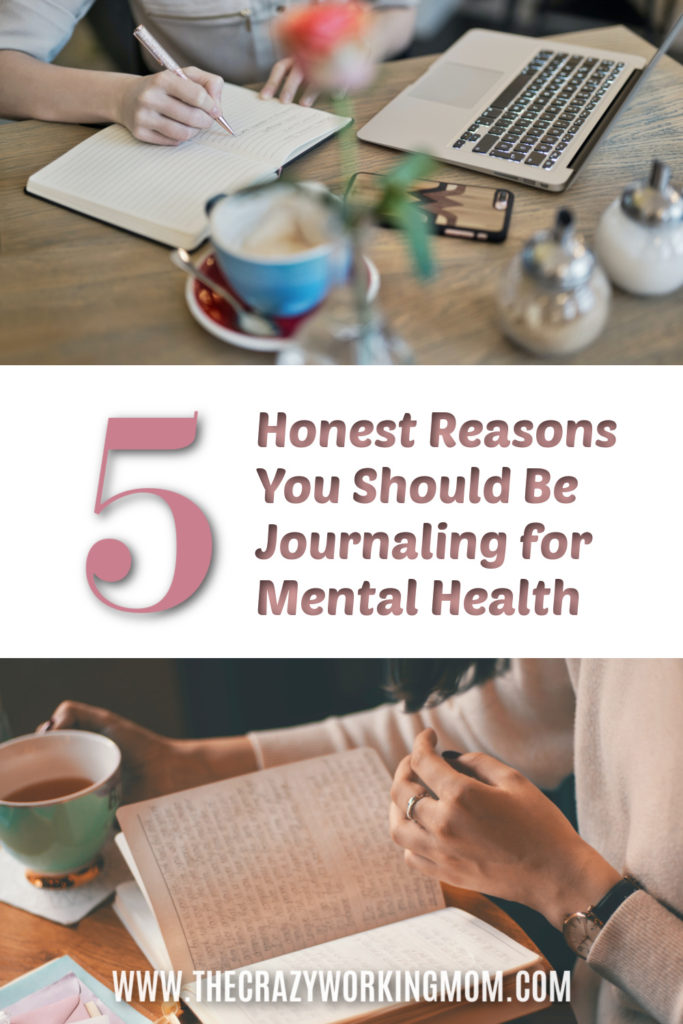Honest Reasons You Need to be Journaling for Mental Health
Journaling for mental health is one of the best self-care activities you can implement into your daily routine.
Not only can it turn into a fun hobby but recording things about your day and the feelings that come along with it can be a really powerful way to help you take control of your emotions, teach you how to deal with stressful situations, identify habits that are setting you back, and so much more.
If you’re currently looking for tips on how to become your best self this year, here are some of the reasons why journaling for mental health as a daily habit should be your goal for 2022!

Why Journaling Every Day Should Be Your Goal For 2022:
Journaling for Mental Health will help you identify and take control of negative thoughts
Keeping a record of your daily thoughts is one of the best ways to identify negative patterns in your thinking. By becoming aware of negative thoughts that pop up throughout the day and writing them down on paper, you’ll be able to get a better understanding of them.
By better understanding negative thoughts and emotions and learning to detect what situations cause them in the first place, you’ll be able to create tools to control them and change them.
For example: Do you have a hard time concentrating throughout the day? If so, what was keeping your mind elsewhere?
Did you feel overwhelmed at work? If so, how can you organize yourself better to avoid the feeling?
Did crippling doubts get in the way today? If so, there may be a chance you’re suffering from imposter syndrome.
By jotting down your feelings every day (no matter how unimportant they may seem) and getting honest with yourself, you’ll get better at identifying the negative thoughts that may be influencing you throughout the day and ultimately, getting in the way of you becoming the best version of yourself.
Journaling can help you to stay motivated
Aside from helping you keep track of negative thoughts and emotions, journaling can also be incredibly motivating.
Writing down your wins (both the small and the big ones) will help you keep track of your progress. By keeping a written record of your achievements, you’ll feel a sense of achievement that will inspire you to continue wanting to get things done!
This can be just as helpful on your bad days, when you will have the ability to look back on the accomplishments you have already made, allowing you to refocus on your next task.

Journaling will help you learn from your mistakes
As human beings, we tend to forget things. A lot.
By recording your mistakes and acknowledging how you handled a certain situation, you’ll be able to identify similar situations in the future. Thanks to your newly gained awareness of these mistakes, you instantly know how to handle them in a better way.
Journaling will also allow you a new way to reflect and process your mistakes. Being able to work through the events of your day on paper gives you a way to express the entirety of the situations that have caused you the most distress. Writing everything out, without fear of judgment or the response of another, allows you the ability to
Journaling for mental health is incredibly therapeutic
There’s a reason why many therapists recommend journaling, and that’s because it can actually be extremely freeing. While will be the last one to suggest replacing a licensed therapist with journaling daily, it is certainly a bonus tool to add to your coping with day-to-day stress.
Writing down your feelings knowing nobody will have access to them allows you to get vulnerable about your emotions and reactions to specific situations. Moreover, it acts as a tool to increase awareness and insight without external influences getting in the way.
Journaling for your mental health can also help you instantly feel better when your emotions feel like too much. Think about all the times you felt sad or angry, talked it out with a close friend, and instantly felt better. Journaling is, in a way, somewhat like ranting to your BFF without having to hear the kids screaming in the background on either end of the phone!

Journaling can improve your communication skills and strengthen your relationships
By making a habit out of journaling, you will learn how to express yourself in a more effective way. By clearly understanding your feelings, you will also be able to better communicate them with those around you.
Put in simple words, writing abstract thoughts down creates a clear image of them in your head, which, in turn, leads to more transparent communication.
Instead of either bottling up your feelings or reacting to a situation on a whim, taking time away to process your feelings can be incredibly beneficial. Not only will writing down your thoughts help you create a clearer image of the situation, but you’ll also be able to process exactly why you feel the way to feel.
I hope this list of reasons to keep a journal inspired you to grab a pen and get writing!
Journaling for mental health every day is key to long-term success, so make sure you make it your goal this year to make a habit out of it.
If you find yourself struggling to journal on a daily basis, I suggest aiming for short writing sessions before you head to bed. Set a timer for 5 minutes and write away – anything and everything that comes to mind will do the trick. Once you’ve gotten comfortable writing for 5 minutes, assess and see if you can up the timer for a little longer.
Remember that journaling isn’t about writing a perfectly edited thousand-word essay, it’s more about jotting down your feelings and thoughts!

Still, having issues getting started? Grab yourself a journal with writing prompts to get you going until you get the hang of writing every day. My personal suggestions are Glennon Doyle’s Untamed Journal and Burn After Writing by Sharon Jones. (Sharon has a whole series of these, so if you are not ready to go free with your journaling prompts, she could keep you busy for a year or more with her journals. You can grab one on Amazon!)
Do you journal for mental health as a form of self-care? If so, let me know all the ways it has improved your life since you began doing it in the comment section below!
Looking for more on self care for mom’s? Check out this post on 20 self-care ideas that take 30 minutes or less!







